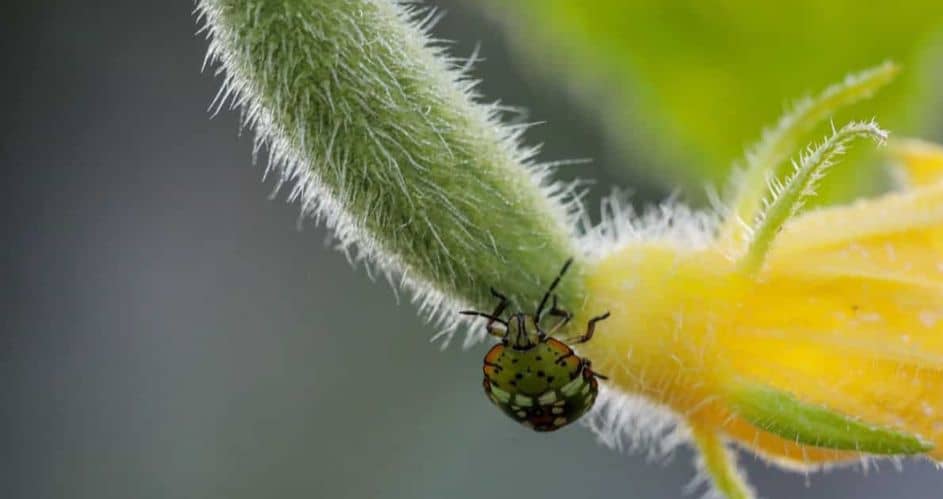
The concepts of pest management and pest control covers not only the removal of pests but additionally the handling of our food safety, health, and property safeguards.
Pests play a crucial function in preserving the ecosystem. However, these pests pose a major threat to individual safety, belongings, and general well-being when they enter our residences.
We must increase our defenses against pests if we are to preserve the safety and wellbeing of everyone in the neighborhood. It is therefore the location where the significance of efficient pest control is most readily and amply apparent.
Let’s go through the various aspects of pest control, including the following
- Importance of Pest Control
- Pest Control Methods and Role of Pests in developing a safe and healthful environment
- Pest Control Practices
- Pest Control Service
1. Importance of Pest Control
Pests of all kinds, from insects and rodents to microbes, have the potential to harm our houses and places of business. Insects can disperse illnesses and pollute goods. In addition to keeping our living spaces fresh and clean, efficient pest management is also crucial for our health.
Health Concerns:
Pests are carriers of various diseases, creating a direct threat to human health. If pests and their causes cannot be treated at times, serious hazards with serious threats will be faced. Mosquitoes are well known for passing on illnesses like dengue fever and malaria.
Property Damages:
Termites, rodents, and other pests can cause extensive damage to buildings and infrastructure, leading to costly repairs.
Best pest control measures can prevent structural damages that may result in broken shingles, roof cracks, and holes, as well as become the reason for the destruction of wires and pipes within your roof space.
As your roof develops to continue more cracks and holes, your home becomes gradually more vulnerable to water damage.
2. Commonly Used Pest Control Methods
There are several methods employed in pest control, each modified to address specific and relevant types of pests and their unique behaviors.
Chemical Methods:
These chemical agents disrupt the pests’ life cycles or directly eliminate them. Pesticides, Rodenticides, and insecticides are commonly used to control insect populations.
Biological Control:
This method involves introducing natural predators or parasites to control pest populations. Release ladybugs to combat aphids in gardens is a form of biological pest control.
Mechanical Control:
This method is often environmentally friendly and reduces the risk to non-target species. Physical barriers, traps, and other mechanical devices can help control pests without the use of chemicals.
Integrated Pest Management (IPM):
IPM combines various pest control methods to achieve long-lasting effects. It mainly focuses on lessening the environmental impact and emphasizes preventive measures to keep pests at bay.
3. Sustainable Pest Control Practices for a Healthy Environment
As environmental awareness grows, there is a shift towards adopting sustainable and eco-friendly pest control practices.
Organic Pest Control:
Utilizing natural substances like neem oil, diatomaceous earth, and beneficial insects are effective organic pest control methods that prioritize minimizing harm to the environment and non-target species.
Eco-friendly Products:
Most companies now recommend pest control products that are biodegradable and have fewer environmental effects.
This incorporates horticultural-based insecticides and non-poisonous resistant repellents.
Awareness and Prevention:
Educating communities about the importance of proper waste disposal, maintaining cleanliness, and implementing preventive measures can significantly reduce the dependence on chemical pesticides.
4. The Role of Professional Pest Control Services
While there are various natural methods available, professional pest control services play a key role in tackling severe decay and ensuring long-term prevention.
Expertise and Knowledge:
Pest control professionals are trained to identify different pest species, understand their behavior, and employ the most effective methods for eradication.
Timely Intervention:
Professionals can provide timely and targeted interventions, preventing the escalation of pest problems and reducing the potential damage.
Pest control is not just about eradicating the problem but about maintaining a safe and healthy environment for humans and other living creatures on Earth.
We can acquire a balance that guarantees a harmonious coexistence with the natural world by knowing the significance of pest control, adopting viable practices, and looking for professional help on time.
Pest control is very important in order to save our planet Earth. Pest control plays a vital character in favor of national as well as international public health and food supply. Pest control provides aid to save your property and provides you peace of mind.
The most important thing regarding pest control is to ensure the good yield of your crops. The higher the yield of crops, the more benefit opportunities will be present for food manufacturing industries as well as farmers.
It is our mutual responsibility to protect our homes, communities, and our planet from the hazardous effects of pest decay.
